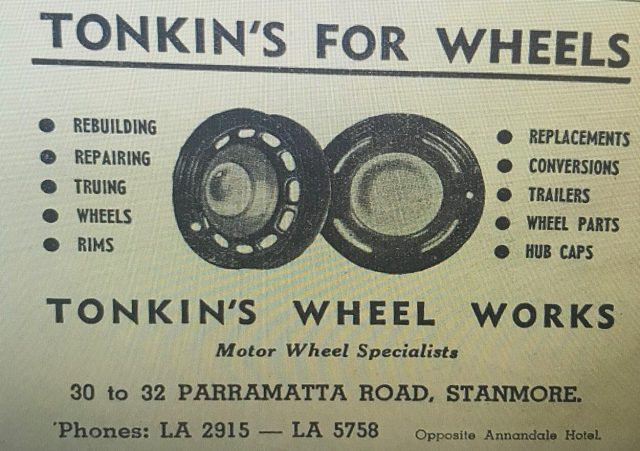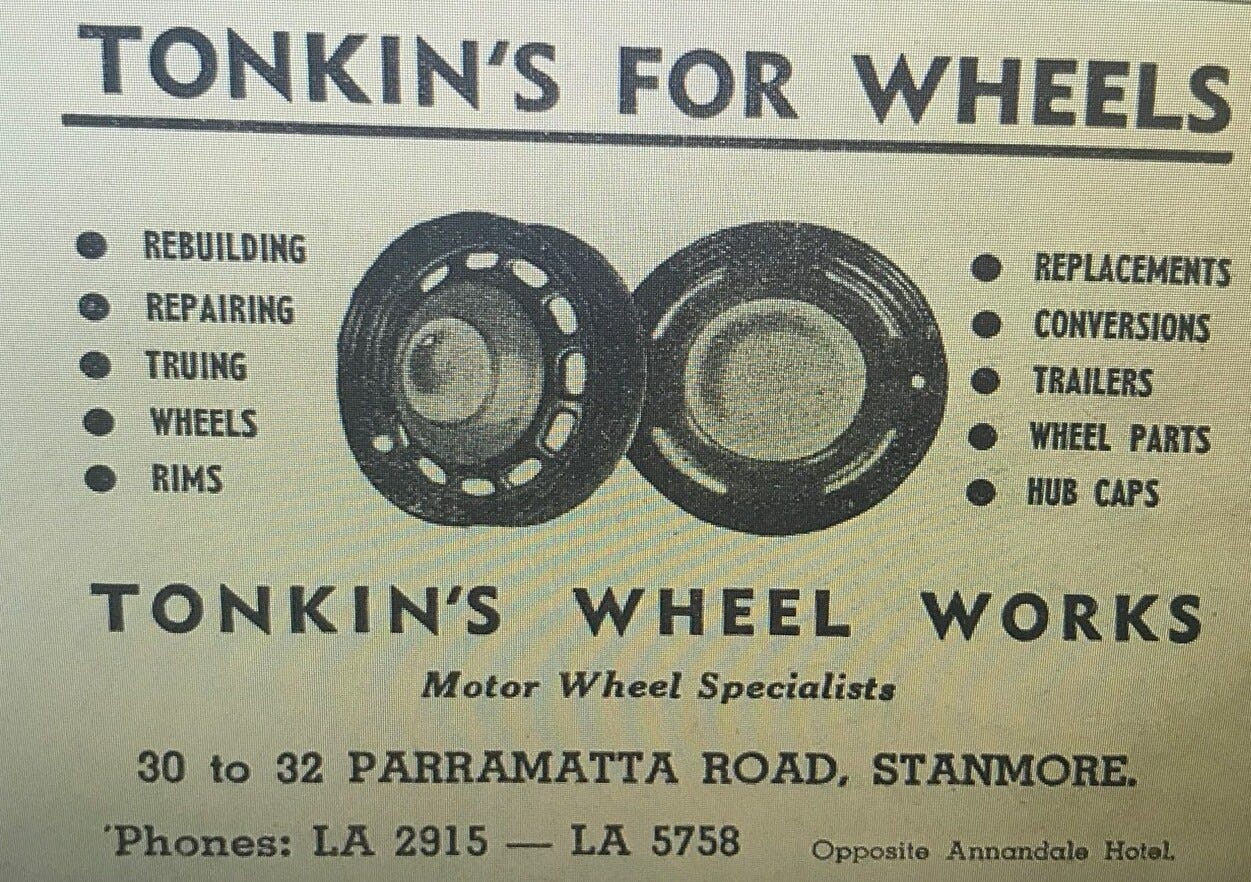This Tax To GDP Rate Is Mind-Blowing!
With the Commonwealth Budget due to be presented later today, Australians should reflect on the words of Winston Churchill, who wisely observed that “there is nothing government can give you that it hasn’t taken from you in the first place.” Such clarity seems missing from our contemporary economic and public finance debates.
There is a myth, even an attempt at deception, perpetuated by the tax and spend industrial complex that Australia is a low tax jurisdiction. (Hint – it’s not). And, based on this myth, that there is capacity for further tax rises in Australia to fund existing and new programs. (Hint – there isn’t).
In its recent report titled ‘Back in Black?’, the Grattan Institute presented a chart and commented that “Total tax collections across governments in Australia represented 28 per cent of GDP in 2019, about 5 percentage points lower than the OECD average of 33 per cent”. The clear implication is that there is capacity for government to increase (tax) revenues.”

Sadly, for Australian taxpayers, this is not an accurate representation. Once other State, Territory and local government receipts are added, Australia’s tax to GDP rate represents approximately 36 percent. When further adjusted for superannuation contributions, as other countries tax for social security, then Australia’s effective tax to GDP rate is approximately 40 percent. Significantly above the OECD average.
Add in the hidden taxes imposed by the massive and highly complex regulatory and compliance edifice that is pushed onto the private sector, and Australia’s tax to GDP rate starts to look very Scandinavian. But without the competence and efficiency of the Scandinavian public sector.
Those advocating for more taxes to fund more spending seem blind to the consequences. The more national resources are transferred from production to government and quasi-government activity, the lower will be productivity and economic growth. Given the MASSIVE expansion of government in Australia over the past 20 years, it should surprise no-one that GDP per capita is flat to declining. Just at the Commonwealth level, spending as a percentage of GDP has increased from about 18 per cent in 1972 to about 23 per cent in 2000, to just under 28 per cent in 2020.
What is required is a fundamental assault on Government spending, not new schemes to increase taxes.
It can start at the Commonwealth public service which has a workforce of over 250,000 public sector employees, despite the vast majority not providing front line services. That includes 10,000 employees within the Departments of Education and Health and Ageing Departments, which do not operate a single school, university, hospital or aged care facility.
The wages and salaries of Commonwealth public sector employees totalled $24.5 billion in 2022 and would increase by $5 billion if the CPSU’s claim for a 20 percent pay increase is successful.

Treasurer Jim Chalmers and Finance Minister Katy Gallagher need to embrace the legacy of Paul Keating and Peter Walsh and undertake the hard but necessary work to bring Commonwealth Government spending back under control. Better yet, they should learn the expression Just Say No.

Dimitri Burshtein is a Principal at Eminency Advisory and a former government policy analyst. He is a contributor to The Australian newspaper, Spectator Australia magazine and various libertarian blogs. Dimitri has also appeared on SkyNews and 2GB radio.











